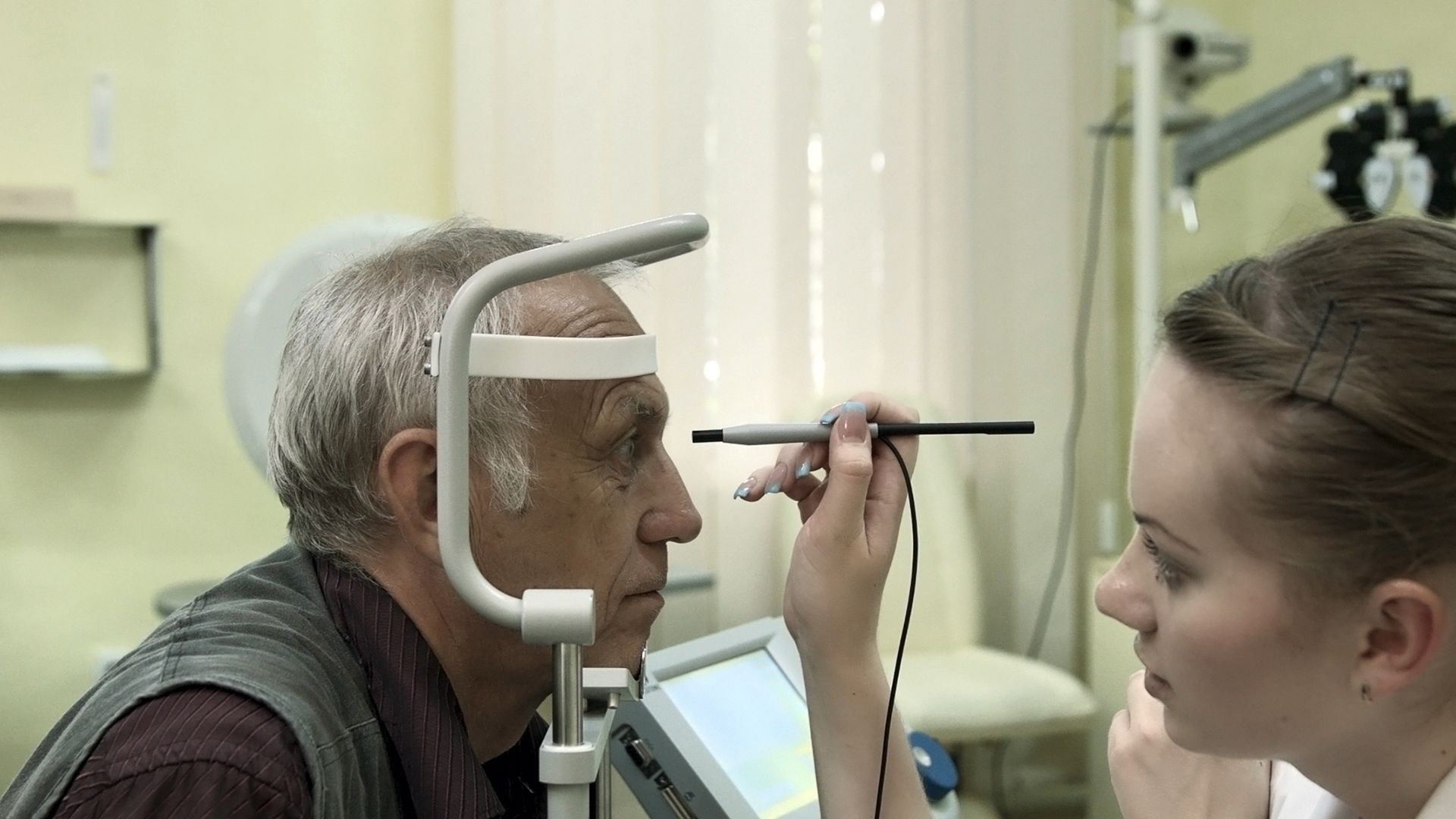Updated on March 14, 2024
Metastatic uveal melanoma is a type of cancer that originates in the tissues of the uvea (the middle layer of the eye) and has spread to other sites in the body (such as the liver, lungs, bone, and/or skin). There is no cure for this type of cancer, but there are treatments that can help a person live longer.
As with many other cancers, the treatment of metastatic uveal melanoma is individualized. This means that each person’s treatment plan is a bit different. Recommendations for treatment are based on factors like the size and location of the tumor in the eye, the sites in the body where the cancer has spread to, the preferences of the person being treated, and the results of diagnostic tests.
Surgery and radiation therapy remain the most-used treatments for uveal melanomas, including metastatic uveal melanomas. Chemotherapy is also used in some cases. However, treatment options for metastatic uveal melanoma are expanding to include other approaches, including immunotherapy.
Immunotherapy refers to cancer treatments that help the body’s immune system detect and attack cancerous cells.
Immunotherapy for metastatic uveal melanoma
New therapies to treat uveal melanoma (including metastatic uveal melanoma) are under development. The first treatment specifically for metastatic uveal melanoma became available in 2022. It is an immunotherapy that works by engaging T cells, a type of white blood cell that can destroy diseased cells.
- This therapy can be used in people with metastatic uveal melanoma who are HLA-A*02:01 positive.
- A blood test can determine if a person is HLA-A*02:01 positive. This blood test looks for inherited genetic variations in cells called human leukocyte antigens (HLAs).
- HLAs are found on most cells in the body. They help the immune system distinguish between healthy cells that belong in the body and diseased cells that do not belong (like cancerous cells).
- While every person has HLAs, everyone’s genetics are different, and HLAs vary from one person to the next. Only some people are HLA-A*02:01 positive.
- Like other immunotherapies, this drug helps the body’s immune system fight cancer cells. More specifically, it helps bring T cells to the cancerous cells.
Keep in mind that this is a simplified explanation. For questions about HLA-A*02:01 status or more detail on how specific cancer therapies work, a healthcare provider will always be your best source of information.
Also keep in mind that immunotherapies and other cancer treatments can cause side effects. Before starting a treatment, talk to your healthcare providers about potential side effects, the risk of serious side effects, and how you will be monitored for side effects.
Immune checkpoint inhibitors
Though it’s not a common approach to treatment, immunotherapy drugs called immune checkpoint inhibitors are sometimes used in the treatment of metastatic uveal melanoma:
- Immune checkpoints are proteins found on the surface of normal cells—and in some cases, cancerous cells.
- Immune checkpoints prevent T cells from attacking. This helps prevent the immune system from damaging healthy cells.
- When cancer cells have immune checkpoints, it prevents the immune system from attacking the cancer.
- Immune checkpoint inhibitors switch off immune checkpoints, which helps T cells attack, detect, and destroy cancer cells.
Again, this is not a common approach to treating uveal melanomas, but it has been studied, and it may be prescribed in some cases. Several immune checkpoint inhibitors may be used in combination with each other, and these drugs may be used in combination with chemotherapy drugs.






